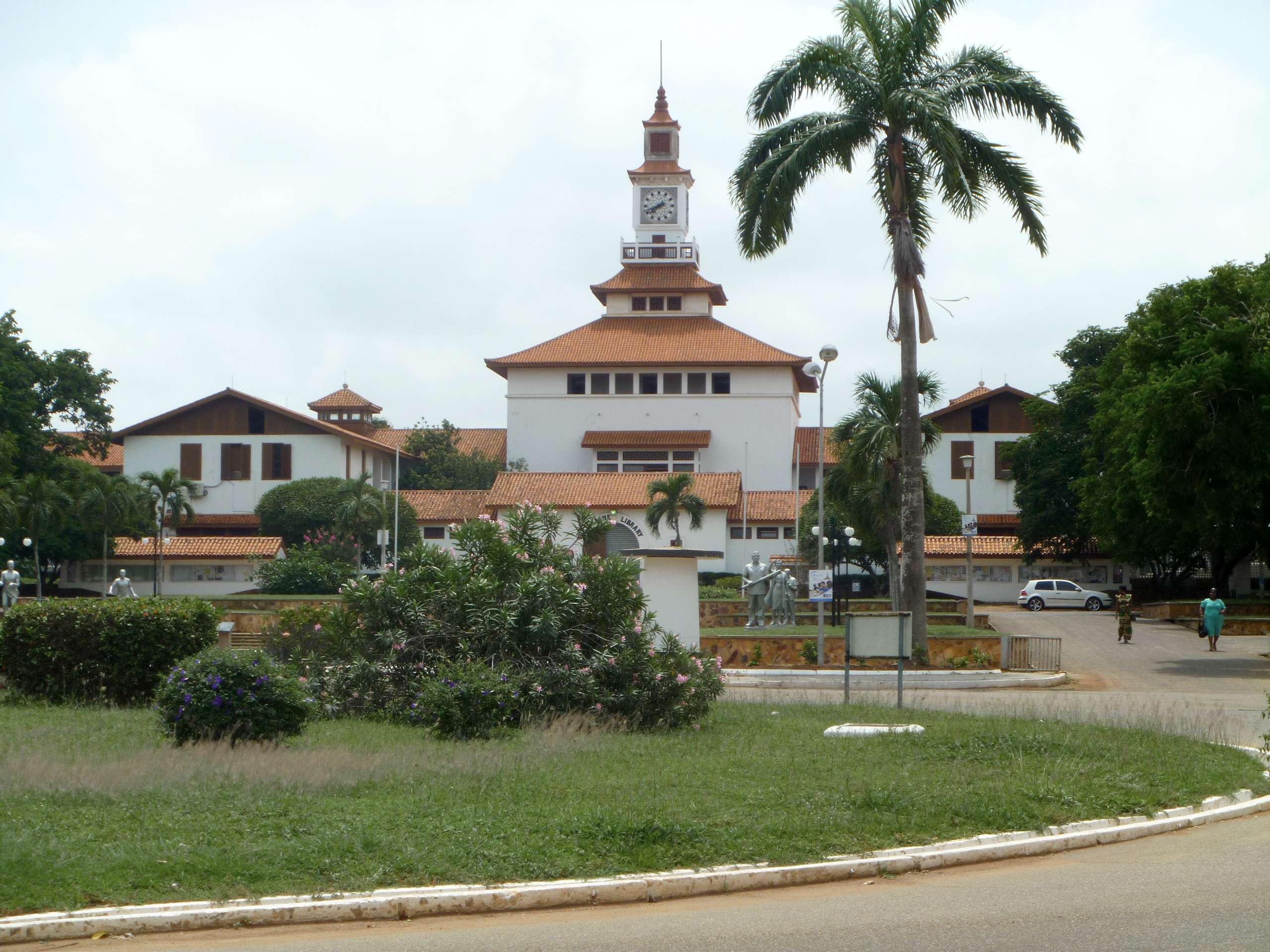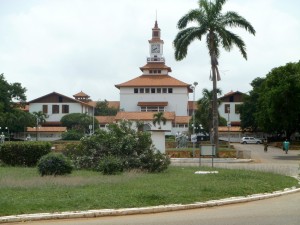Special from Cord International: Student politics from abroad


Elections at the University of Ghana don’t take place until next semester, but student politician Horlali Haligah has already begun to campaign. Of course, this is all unofficial. Authorized campaigning only lasts for two weeks before the election period.
“I have a group on WhatsApp, a very large group on WhatsApp. Almost every day I sent out a message. Besides that, I have a group on Facebook. So any development on campus, I update that,” said Haligah, who is currently the chairman of the intelligence and student affairs committee for the university’s Students’ Representative Council (SRC).
According to SRC General Assembly speaker Kofi Kofituo, early planning is just part of the game for students who want positions on the SRC.
“As it stands now, you will have that election next semester, but people will start campaigning from today,” Kofituo explained.
“You start selling your name beforehand.”
With a student populace as diverse and large as that which exists at UG, strategically selecting a campaign team can make or break an election. Religious affiliation, tribal background, residence hall and program may all be up for consideration, on top of political issues.
“There are certain factions that you need to cut across,” said Kofituo. “You need to cut across and pick a running mate who will be from a perceived opposite tribal allegation, something of that sort. Department also works. Campus has so many divisions.”
Some students believe that voting along ethnic or religious lines — something that can also be seen at the national level — is gradually fading away, at least at the campus level.
“If you are to vote in this country and people are to vote for their own, they will not amount for two per cent of the whole of this country,” said Mohammed Mikdad, a student and SRC representative.
“Formerly, it was very entrenched, now it is no more. It is going away.”
SRC general secretary Sandra Ewool, however, countered that there are still issues to be worked out.
“I can say with authority that the four executives [from last year] were from a particular religious group,” she asserted. “It is only this year that there has been some form of diversity.”
Knocking on doors in residence halls and doing presentations before lectures are part of bridging the gap between campaigners and the different groups they hope to represent. Debates are also held and are widely attended, according to student leaders.
For Haligah, making sure that their campaign team is well-coordinated and can get issues out to key groups on campus is an important part of reaching across campus divides.
“They try to make sure that every part of campus is involved in the political campus, because in politics, even a vote will make it,” he said.
So how much does basic popularity factor in? According to Kofituo, not that much.
“People do the popularity stuff, but I think students now are much more discerning as compared to former years on campus,” he said.
Bernard Arthur, however, a master’s student who plans to run for Graduate Student President, admitted that it does factor into voting decisions.
“Some of the component that comes into play is the station of the person and how presentable the person is, how the person can talk when he meets authorities, we look at all those things.”
While student leaders are highly engaged, they wouldn’t necessarily say the same about the students they represent.
“With a student population of over 30,000 and then getting 13,000 to come and vote, I think the apathy level here is very high,” commented Ewool.
Disillusionment, she believes, is a huge impediment to voting.
“Sometimes, when they vote leaders into power, they see nothing being done about their plight, about their problems,” she continued.
James Anning, who is entering his level 400s at the University of Ghana, believes that the hall a student lives in on campus and their family background help define their choice to vote or not.
“It has to do with the religious and then the social background — the relationship with other people. Students can influence others to make them vote or not,” he said. Although voter turnout in last year’s national elections was approximately 80 per cent, Ewool believes that issues of apathy and cynicism exist at the national level as well.
“What happens on campus is the exact replica of what happens at the national level,” she argued. “People hardly go out to vote, even during the national election, because they also have the notion that politicians come, they give them power, but at the end of the day they come out and embezzle their funds.”
Kofituo agreed, adding that certain groups don’t believe politicians can have an impact on their day-to-day life.
“I think the elite community come to believe that you are a leader, you don’t have any kind of effect on his life, what he gets to eat or what he does. They normally don’t see elections as any kind of deciding factor in their personal life,” he said.
Pushing past the numbers, though, student leaders believe they are on their way to making a difference.
According to Kofituo, there’s been an evolution in how student activism is perceived on campus.
“You can be the smallest student, but when you bring out the best of ideas, and they see that, yes, you are more experienced. Students now believe in someone who has been more exposed to the SRC stuff and not someone who can make much noise,” he said.
Mikdad continued, “You must have a certain passion for the work you do and that we don’t come simply because there is a vacuum in the field.”
“The student movement in Ghana is much alive,” he concluded.

